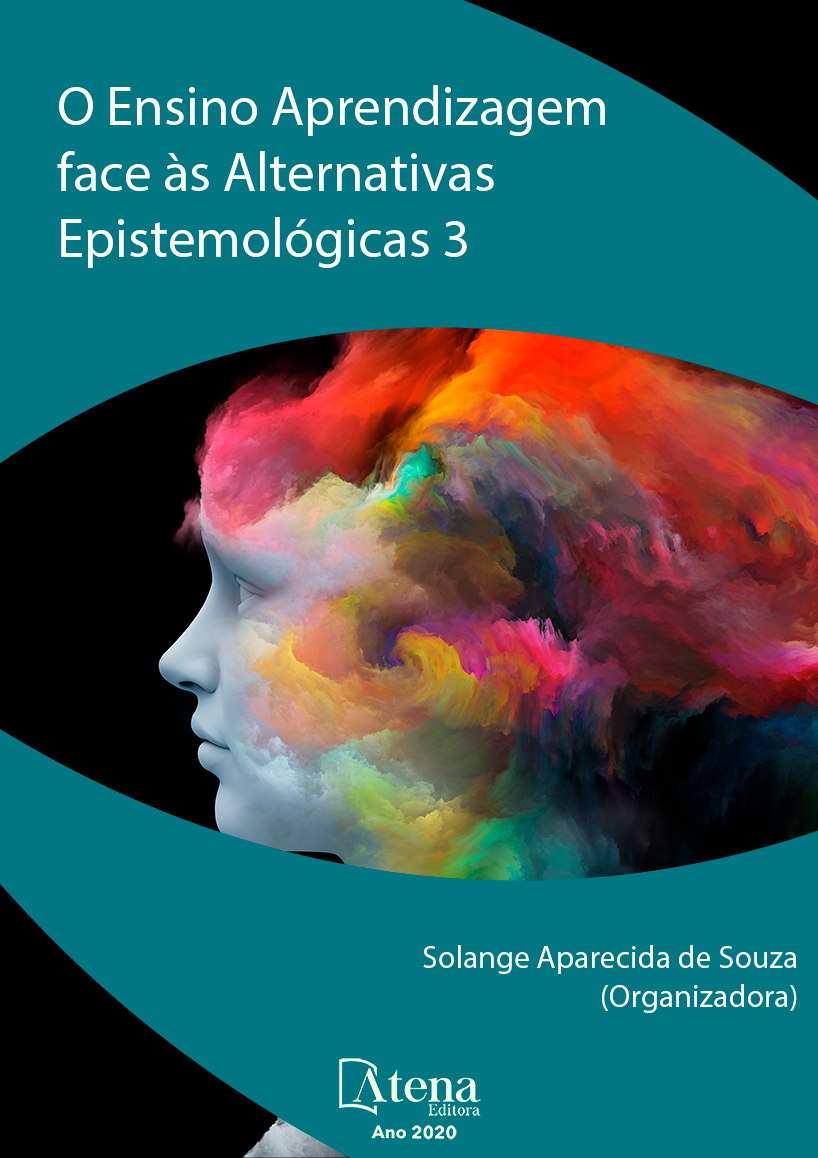
A RESOLUÇÃO DE PROBLEMAS COMO ESTRATÉGIA PARA O DESENVOLVIMENTO DA APRENDIZAGEM E AUTONOMIA DO ESTUDANTE
Este trabalho aborda a resolução de problemas como uma perspectiva metodológica a serviço da aprendizagem, de modo a contribuir com o desenvolvimento da autonomia do estudante dos anos iniciais. A intenção é incentivar os estudantes a levantarem suas hipóteses e estratégias de resoluções frente as mais diversas questões de Matemática. Os estudantes são os protagonistas deste processo, são livres para criar, usar algoritmos convencionais ou não e estimulados a analisar as respostas encontradas, refletindo sobre a validade das mesmas e argumentando sobre seus pontos de vista. Desta forma, pretende-se reconstruir e consolidar importantes conceitos matemáticos, tão necessários para a participação cada vez mais consciente e efetiva, desses estudantes, como cidadãos. Durante a narrativa, foi possível perceber, nos estudantes, o desenvolvimento da autonomia e autoconfiança, além da habilidade de argumentação, elementos fundamentais para aprendizagem
A RESOLUÇÃO DE PROBLEMAS COMO ESTRATÉGIA PARA O DESENVOLVIMENTO DA APRENDIZAGEM E AUTONOMIA DO ESTUDANTE
-
DOI: 10.22533/at.ed.6332001074
-
Palavras-chave: Resolução de Problemas. Autonomia. Ensino de Matemática. Anos Iniciais.
-
Keywords: Problem solving. Autonomy. Mathematics teaching. Early Years
-
Abstract:
This work addresses problem solving as a methodological perspective at the service of learning, in order to contribute to the development of student autonomy in the early years. The intention is to encourage students to raise their hypotheses and resolution strategies in the face of the most diverse Mathematics issues. Students are the protagonists of this process, they are free to create, use conventional or non-conventional algorithms and encouraged to analyze the answers found, reflecting on their validity and arguing about their points of view. In this way, it is intended to reconstruct and consolidate important mathematical concepts, so necessary for the increasingly conscious and effective participation, of these students, as citizens. During the narrative, it was possible to perceive, in students, the development of autonomy and self-confidence, in addition to the ability to argue, fundamental elements for learning.
-
Número de páginas: 12
- Leila de Souza Mello
- Antonio Mauricio Medeiros Alves


